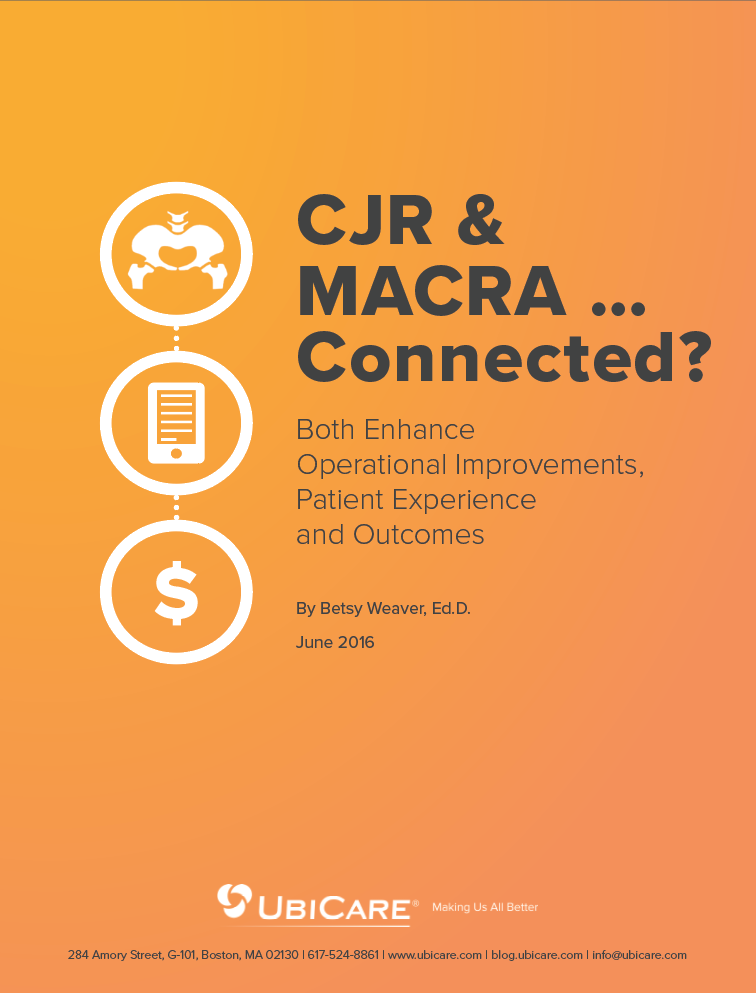Mandatory bundled payment programs for joint replacement offer “more robust, generalizable evidence” than voluntary programs. That’s the main finding of a new study of data from Medicare and the American Hospital Association Annual Survey.
And yet, with the never ending, constantly shifting priorities that hospital staff need to balance, the implication that mandatory bundled payments might be better is a tricky one. This study does not claim definitively that they are. Rather, the authors state, there’s a place for both types of programs in the push to get more hospitals using bundled payment plans.
The study highlights that the shift to value-based care, particularly in orthopedics, is going strong. The Centers for Medicare and Medicaid Services (CMS) wants to move this transition forward with bundled payments. Whether mandatory or voluntary, it’s wise to proactively get ahead of CMS’s efforts by implementing a patient activation solution that puts you in control.










